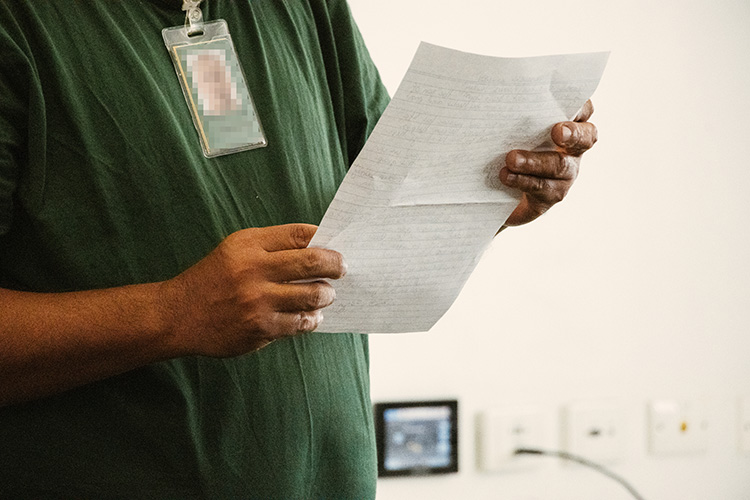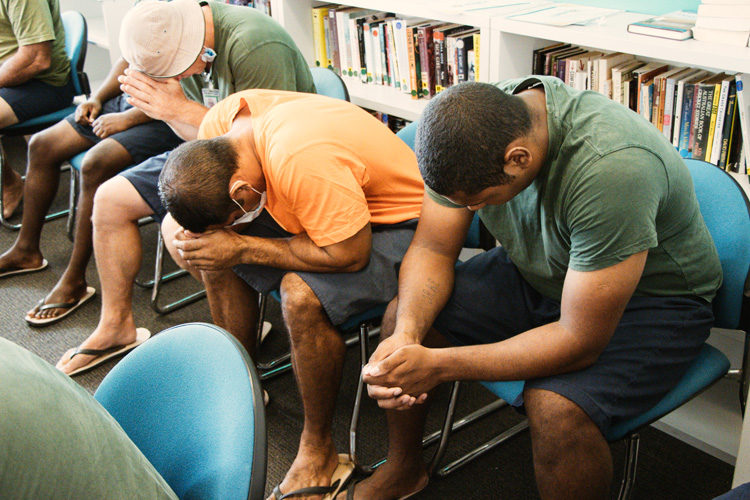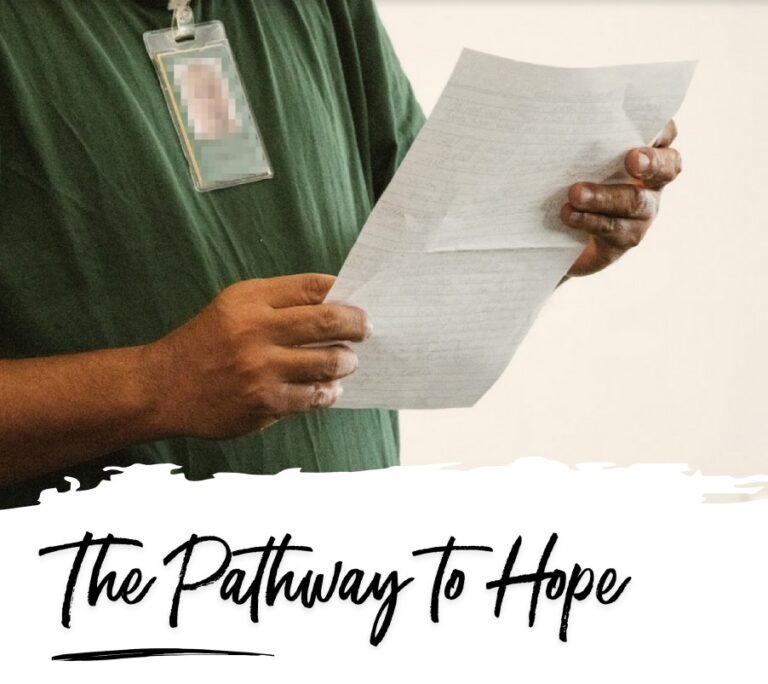The Sycamore Tree Project brings perpetrators and unrelated victims of crime face to face in a safe, structured way to encourage understanding, compassion, remorse, and restoration.
This 7-week restorative justice program has been developed around personal testimonies and engaging questions. STP provides a unique opportunity for inmates to meet with victims of crime to understand their experience and the long-term impact crime can have on victims.
The Sycamore Tree Project aims to move beyond punishment toward healing, by addressing past harms and preventing future damage.
Impact
Aims to reduce reoffending
Focus on restorative justice
Inmates learn to take responsibility for their crimes
Inmates learn the power of forgiveness
Inmates understand the importance of making restitution and reconciliation where possible.
Testimonials
“Seeing the victims and the pain they have carried gave me a chance to review some of the pain I have caused my victims. It was like looking in a mirror but instead of seeing my pain, I saw only the pain of others.”
BarrySTP participant
“You have given me the greatest gift … a deep and real understanding and insight into what my words and actions have done. I hope with this new insight, to go on to affect others’ lives in a positive and healing way.”
JoseSTP Participant
“During the program, I learnt about the difference between punitive and restorative justice. I learnt what it truly means to take responsibility for committing my crimes. I developed a sense of empowerment as I understood the importance of confession and being repentant. I also learnt the power and importance of forgiving yourself, and others, and being forgiven as well as agreeing to meaningful change. I found a pathway that has given me hope and confidence to be the best man I can be.”
NathanielSTP Participant
“When you support Sycamore Tree Project you help inmates take responsibility for their crimes. To understand true repentance. To seek forgiveness, and to explore opportunities of making restitution. You also help crime survivors like me to find forgiveness and healing.”
JoannaVictim of Crime







